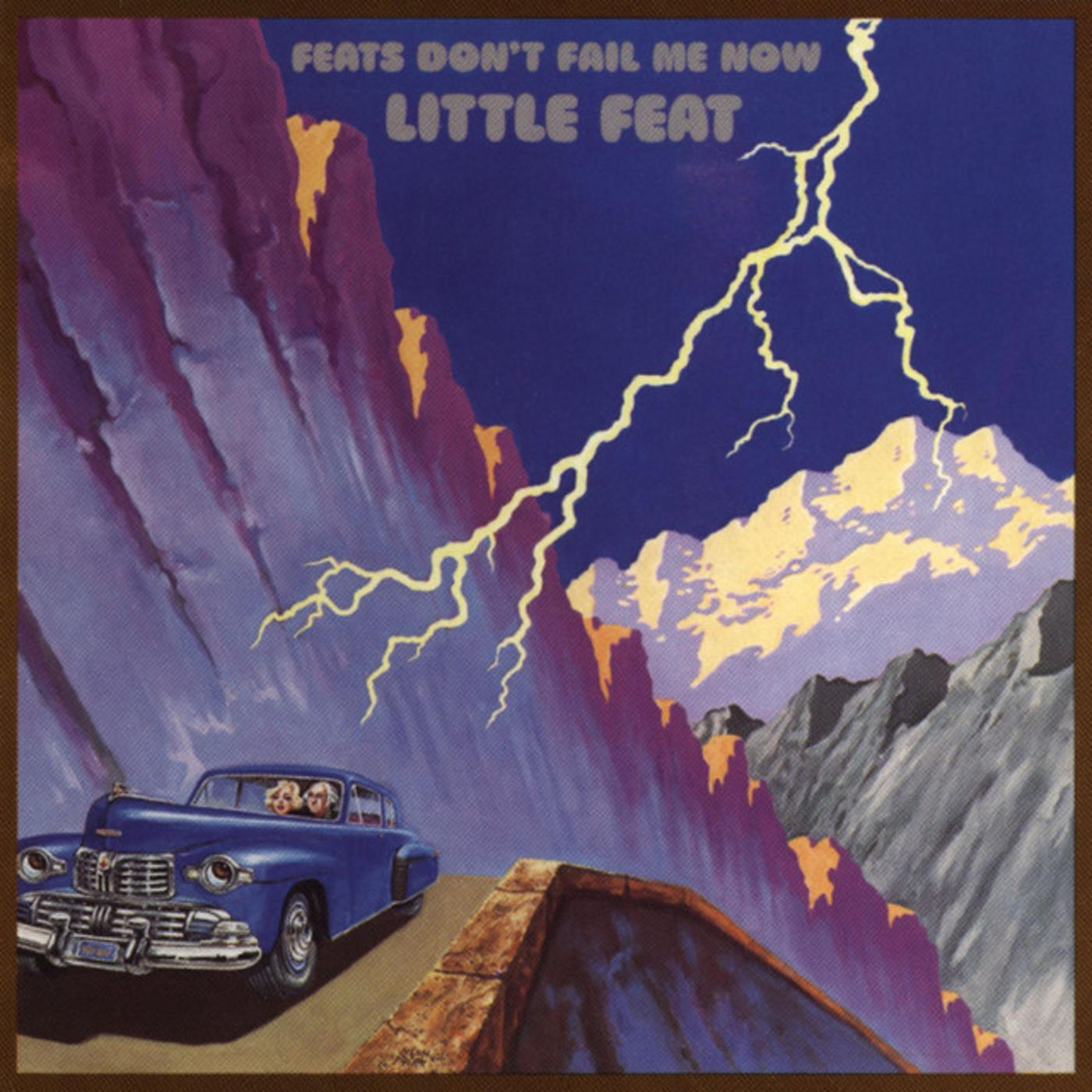Deep Dive: Little Feat, DIXIE CHICKEN

Record sales and music charts be damned; real music fans will tell you that Little Feat's third studio album, Dixie Chicken (1973), is a timeless classic that captures band leader, Lowell George, and company at the peak of their creative powers. George was an artist in every sense of the word, someone eager to champion others who inspired him.
"Lowell was certainly a big fan of country music. He was certainly a big fan of Linda Rondstadt in the Stone Pony days, that's I guess when it was. She was doing a Monkees tune, as I recall, who were also friends of ours," George's longtime songwriting partner Martin Kibbee (AKA Fred Martin) explained during a 2000 interview about his friend's place in the late '60s/early '70s rock scene. "Peter Tork was a great friend of Lowell's, and in those days had an amazing house in Laurel Canyon where David Crosby and Jimi Hendrix would be hanging out. Lowell was also an amazing fan and supporter of almost everyone who started up in this town in the Sixties: Jackson Browne, Rickie Lee Jones, he went to hear her play and eventually recorded her song 'Easy Money' and brought her to the attention of Warner Brothers Records. Lowell was an amazing supporter of musical talent of people he liked; there were certainly people he didn't like. A little of his what-is-hip sensibilities rubbed off on other people. In other words, the Howlin' Wolf side was injected a little into their lives, I think, because of his influence."
Dixie Chicken was yet another evolution of the Little Feat sound, thanks in large part to new bassist Kenny Gradney, who stepped in for departing bass player, Roy Estrada. Augmented by the addition of new members (guitarist Paul Barrere and percussionist Sam Clayton), Gradney's New Orleans heritage brought a funky new sensibility to the band's arrangements, only deepening Little Feat's Americana roots. Mick Jagger was a big fan, and none less that Led Zeppelin's Jimmy Page called them the best band in the world.
Released January 25, 1973, Dixie Chicken didn't impact the Billboard 200, despite opening with what's become the band's unofficial signature song, the album's title track: "Lowell and I had been up all night trying to write a song. We had the Ace Screen Door factory down on Laurel Canyon," Kibbee recalled. "As I was leaving, there was a chicken place with a sign that said, 'Dixie chicken.' He'd been playing the damn thing all night, you know, 'duh, duh, duh,' which was going through my brain. By the time I got home, I had written this song. When I came back the next morning to the rehearsal hall at the Warner Brothers' soundstage, I went, 'I've got it! I've got it!' And they all looked at me, like, 'Puh-leeze, you're kidding!' and resisted the notion for weeks, but eventually wound up in chicken suits."
The infamous chicken suit, a particular promotion indignity recalled by guitarist Barrere about the subsequent tour supporting Dixie Chicken, via The Washington Post. Being on the road, the band encountered "such rude awakenings as finding out there were no records in the stores in cities we were hitting. In Atlanta, we all had to put on busboy outfits and Lowell put on a chicken suit, and we went around to radio stations handing out boxes of chicken that said on them, 'Dixie Chicken -- Finger Pickin' Good.' I couldn't believe that Lowell actually put on the chicken suit ... He wouldn't wear the head, though. I wore the head and we both wore sunglasses so you couldn't tell. It was strange, funny and degrading ..."
"He was an enigma," is how Linda Ronstadt remembered George, who died in a Virginia roadside motel at the age of 34 after a solo show in 1979. "He was convoluted in his speaking, in his thinking. I think he was burdened by his intelligence. His complexity, his demons symbolized the struggle we were all going through."

